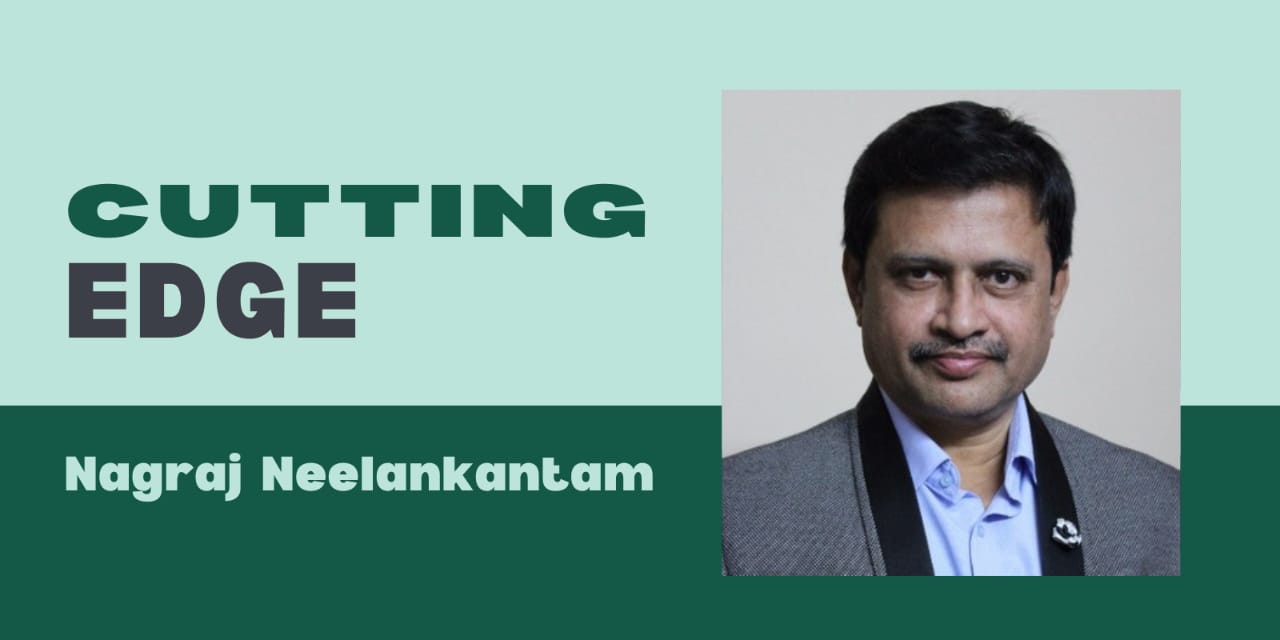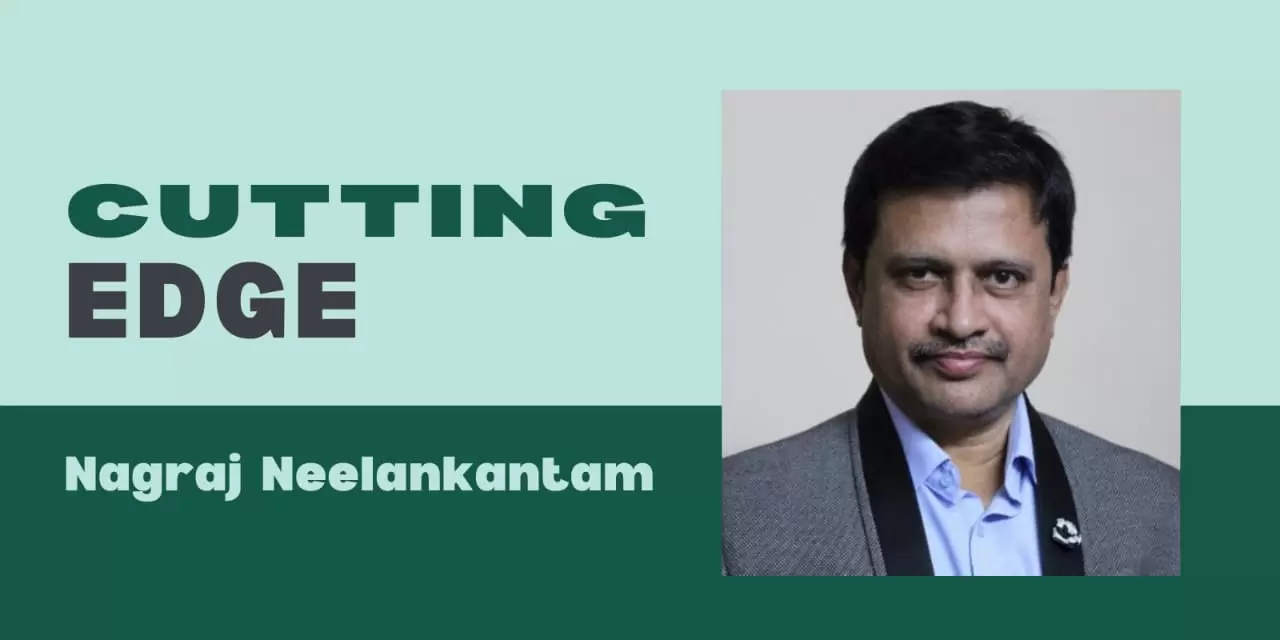The 2025 Bihar mandate has done more than redraw the political map—it has shattered some long-nurtured dreams. Nowhere is this more evident than in Seemanchal, the northeastern cluster of districts where Asaduddin Owaisi’s AIMIM hoped to script a revival. For years, this region—Shahpur, Kishanganj, Araria, Purnia—has been portrayed as fertile ground for minority-led parties. Yet this election has delivered a message that is both sharp and unambiguous: the era of predictable religious consolidation is cracking.
Seemanchal has always been an outlier in Bihar’s political geometry. With a Muslim population ranging from 35% to 70% across several seats, analysts often treat it as a monolithic bloc. But Bihar’s electorate, as this election shows, is increasingly unwilling to be boxed into identity-based templates. Much like the rivers that define its geography, Seemanchal’s political currents have shifted direction—often abruptly, and far more dramatically than exit polls predicted.
The Balrampur seat epitomized this churn. Nearly half its voters are Muslim, and early trends suggested an AIMIM breakthrough when Mohammad Adil Hasan briefly led the race. For a few hours, it appeared Owaisi’s party might reopen the account it had painstakingly built in 2020 before defections decimated it. But as counting progressed, that surge collapsed. The lead evaporated, the arithmetic reversed, and the dream of reclaiming Seemanchal dissolved into the dust of another electoral miscalculation.
This reversal is not just a story of one seat lost. It is a symptom of a much larger breakdown in the so-called “Muslim vote bank.” For decades, Congress and RJD treated the region as a given, assuming loyalty would hold regardless of performance. AIMIM tried to position itself as the insurgent—fighting for dignity, asserting local leadership, and challenging legacy parties. But voters, more aware and more demanding than ever, seem unimpressed by symbolic politics. Development, welfare delivery, credibility, and the ability to negotiate with power at the state level have trumped rhetoric.

Analyst Shabnam Khatoon puts it bluntly: “Seemanchal is no longer a bellwether of religious politics; it is a referendum on governance. Small shifts are creating big consequences.” Those shifts were visible everywhere—public disillusionment with AIMIM’s inability to hold on to its earlier MLAs, frustration with Tejashwi Yadav’s oscillations, and deep suspicion of any party that appears to thrive mostly on grievance rather than grounded solutions.
Adding to this churn was the unexpected intervention of Prashant Kishor. His padyatras and grassroots mobilisation introduced a hyper-local narrative centered on welfare leakages, broken promises, and the need to bypass traditional caste-religion frameworks. For the first time, Seemanchal’s political conversation included questions about health centers, schools, and employment—issues that AIMIM, Congress, and RJD have rarely foregrounded in the region.
Congress, though weakened statewide, remains pivotal in Tejashwi’s arithmetic. A weak Congress alienates Muslim voters; a revived one threatens AIMIM’s prospects. Meanwhile, Nitish Kumar’s return to the NDA infused a fresh calculation: would JD(U) regain the minority trust it enjoyed a decade ago, especially after realignments that left voters confused but curious?
In the final analysis, the 24 seats of Seemanchal became Bihar’s most consequential battleground not because of AIMIM’s rise, but because of its inability to rise again. Owaisi’s dream of turning Seemanchal into a Hyderabad-style bastion has been punctured—more decisively this time than in 2020—because Bihar’s Muslims have signalled a shift from identity politics to pragmatic politics.
This election marks the beginning of a new grammar in Bihar: religious calculus is no longer enough, rhetorical grievance is no longer persuasive, and regional minority parties can no longer rely on symbolic mobilisation. The voter has spoken—firmly, intelligently, and without hesitation.
In Seemanchal, Owaisi’s setback is not merely an electoral setback. It is philosophical. The community he sought to mobilise has refused to become a pawn in a narrow identity puzzle. They have chosen relevance, bargaining power, and development over rhetoric. In doing so, they have rewritten the rules of Bihar’s most complex frontier—one vote at a time.





